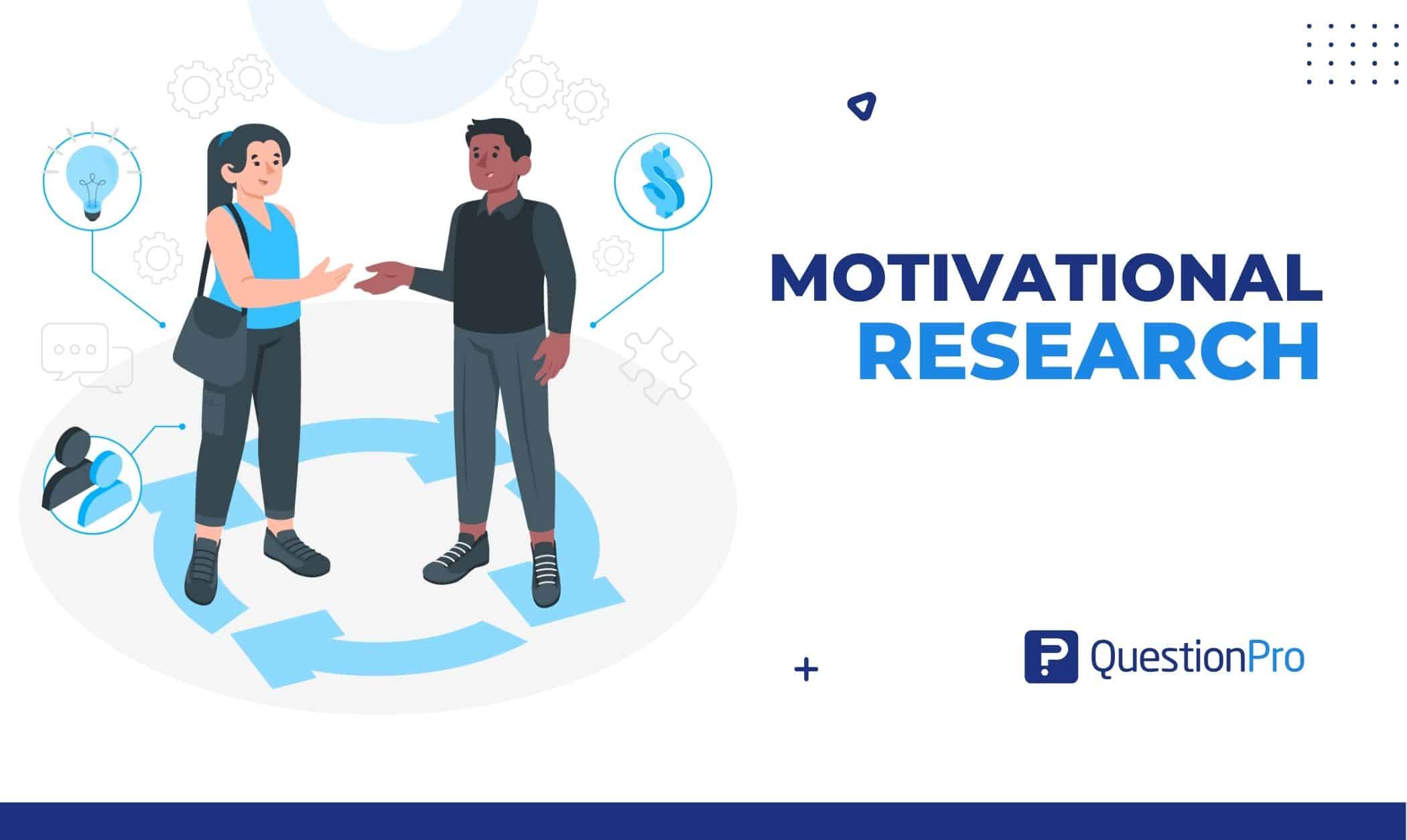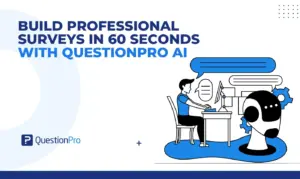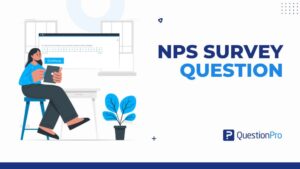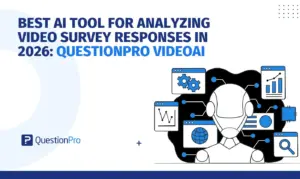
Motivational research is to identify and understand the aspects of the consumer that they do not fully comprehend. It makes the assumption that there are hidden or unconscious motivations influencing consumer behavior.
Motivational research gradually got linked with traditional marketing research, influencing and expanding the inventory of marketing research and research procedures. Its popularity peaked in the latter half of the 1950s and early 1960s.
So, in this blog, we will describe motivational research, its techniques, strengths, and weaknesses.
What is Motivational Research?
Motivational Research is the currently famous phrase for using psychiatric and psychological procedures to understand better why individuals react the way they do to products, advertisements, and other marketing scenarios.
Motivational research is consumer research that has grown in popularity in recent years. It is an endeavor to uncover and explain why customer behavior differs and why they behave in a specific manner.
Thus, it prompts the consumer’s inhibited (conscious) and repressed (unconscious) motives. In denial, the consumer is aware of his intentions but refuses to reveal them to others for fear of humiliation, punishment, or ostracism.
However, information regarding the motivating reason remains in the conscious mind. Because the individual will not accept the presence of a motive even to himself, repression suggests a more profound rejection of knowledge about an explanation.
LEARN ABOUT: Behavioral Research
Techniques of Motivational Research
Customers need to efficiently or accurately express their emotional feelings on direct questioning. As a result, Clinical Psychological methods/techniques are applied in motivational research for the psychoanalytical research of consumers.
All marketing activities require motivational research. The motivational study employs the following techniques:
01. Observation Technique
Consumer motivations can be deduced from their communication and actions. The researcher uses this strategy to observe consumer behavior without revealing their name. This procedure does not include any interviews.
Under this technique, the researcher may obtain relevant data or information individually using mechanical aids. This technique is appropriate for researching the purchasing process of consumers.
02. Depth Interview Technique
The researcher uses this strategy to conduct an intense interview.
The researcher questions respondents individually for several hours in the form of an interview. Interviewers are taught to develop rapport and not to steer the conversation too much. Respondents are urged to open up about their activities or interests and a specific issue or brand under investigation.
Interview transcripts are then thoroughly examined, along with comments on respondents’ moods and gestures they may have used to express attitudes or motives.
Such studies are appropriate for giving the market a head start on potential appeals.
03. Self Reports Technique
In this technique, the researcher merely verbally inquires about the respondent’s intentions, objectives, and needs or through a questionnaire.
The researcher may administer many tests using pencil and paper under this method of motivation study to elicit replies from the participants regarding their wants, desires, opinions, interests, reactions, etc.
The information is next quantified, which involves giving it a score to determine the degree to which a given need or motivation exists.
This technique has two measure restrictions:
- First, people must be conscious of their actions’ causes or motivations.
- Second, respondents might explain their words or actions. Respondents could be reluctant to disclose their genuine intentions and might be prone to providing socially acceptable answers.
04. Projective Techniques
Projective techniques aim to expose an individual’s genuine emotions and intentions.
Various cloaked tests with unclear stimuli, including unfinished sentences, cartoons, untitled images, other person characterization, etc., make up projective techniques.
Projective techniques operate on the fundamental presumption that participants are oblivious to the fact that they are expressing their emotions. These tactics need to give respondents a chance to explain their answers.
Some important projective techniques are as under:
- Thematic Apperception Test (T.A.T)
- Word Association
- Sentence Completion
- Third Person Technique
- The Paired Pictures Test.
Strengths and weaknesses of motivational research
Like anything and everything else in this world, motivational research has some of its strengths and weaknesses. Some of them are given below:
Strength:
Some of the strengths of motivational research include the following:
- In-depth insights into consumer behavior and motivations
- Assists marketers in tailoring their products and marketing messages better to fit the wants and wishes of their customers.
- Can assist businesses in identifying unmet consumer requirements and product development prospects
- Can give helpful information for market segmentation and target marketing
- It can increase the success of marketing campaigns by identifying important motivators and drivers of consumer behavior.
Weaknesses:
Measuring the influence of motivational studies on consumer behavior and corporate outcomes can take time and effort. Some of the weaknesses of motivational research are as follows:
- It can be time-consuming and costly, especially compared to other market research types.
- It is based on self-reported data, which might be skewed and inaccurate.
- It is often based on tiny, non-representative samples, which limits the conclusion’s generalizability.
- It might be challenging to transform ideas from motivational research into tangible activities or marketing and product development initiatives.
LEARN ABOUT: Market research vs marketing research
Conclusion
Motivational research is a type of market research that tries to find out what drives, wants, and needs people really have. In-depth interviews, focus groups, and observation are all common ways to research what motivates people.
Overall, motivational research can be useful for businesses that want to learn more about their customers and make better marketing plans.
QuestionPro is survey software that can be used to research what motivates people. The platform has various features and tools that help researchers design, run, and analyze surveys for motivational research.
QuestionPro lets people create surveys with different kinds of questions, like multiple choice, open-ended, and rating scales. It also lets you change how surveys look and feel and target specific groups of respondents.
QuestionPro also has various tools for analyzing and reporting data that can help researchers make sense of the information they collect and come to useful conclusions. Overall, QuestionPro can be a useful tool for doing motivational research.







